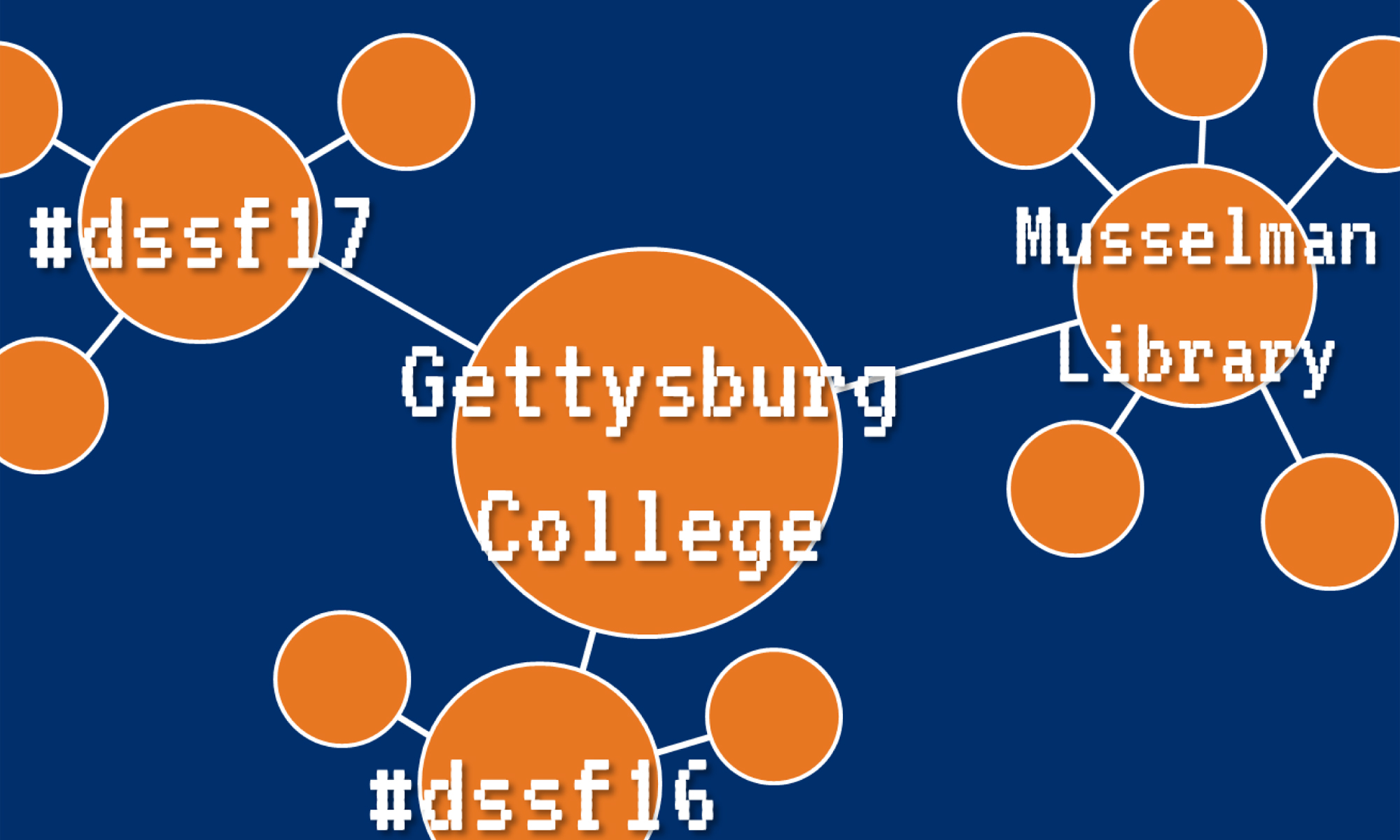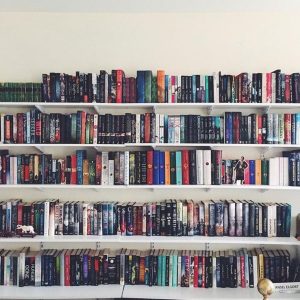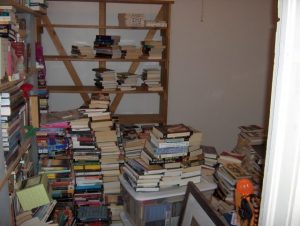For the past year, I have had the pleasure of working with the Musselman Library’s Digital Scholarship initiative. In that time, I have come to realize the importance of digital skills and digital literacy. We are living in an increasingly digital age and as college students, we are expected to understand digital language. The digital literacy assignment grants sponsored by the Johnson Center for Creative Teaching and Learning have been a great way for students and faculty alike to enhance their digital skills and vocabulary.
Throughout the Fall 2017 semester, I have had the wonderful opportunity to work with librarians Clint Baugess and R.C . Miessler, and Professor Stefanie Sobelle. Funded by the JCCTL, we were able to design a comprehensive digital learning plan that would be used for English 308: Writing the Literary Review. The main goal of the class was to create an online literary review magazine. Our plan was not to turn students into digital geniuses overnight, rather we hoped that by the end of the course, students would have a basic understanding of digital tools, copyright issues, and project planning. I personally found great value in organizing lesson plans and talking over project ideas. Collaboration between professor, student, and librarian allowed us to create a project that was realistically manageable for a one-semester course.
Once the school year started, R.C, Clint, and I would meet with the class on a bi-weekly basis to discuss different digital themes that correlated with their digital project. Themes such as copyright issues, wireframing, project management, and writing for the web were some of the topics discussed throughout the course. In addition to our in-class sessions, I would hold office hours to offer extra digital support for both students and faculty alike.
The whole experience has been a rewarding one. I personally have been able to learn and grow as a digital scholar. This experience has enabled me to better understand how to teach other undergraduates about the field of digital humanities. I would encourage anyone who would like to learn more about the field of digital humanities to apply for a digital literacy grant. Not only is understanding how to use digital tools important in today’s society, digital projects allow students to be creative. It enables undergraduates to think critically about the methods, issues, and benefits of the digital age. The Digital Fellows along with the digital working committee would offer extensive support.
So, apply! I know I am a bit biased, but digital scholarship is pretty cool. Learning more about digital tools and digital humanities will help us better understand the digital world we live in today.
Keira Koch is a junior majoring in Interdisciplinary Studies and has been a Digital Scholarship Fellow in Musselman Library since 2016.


